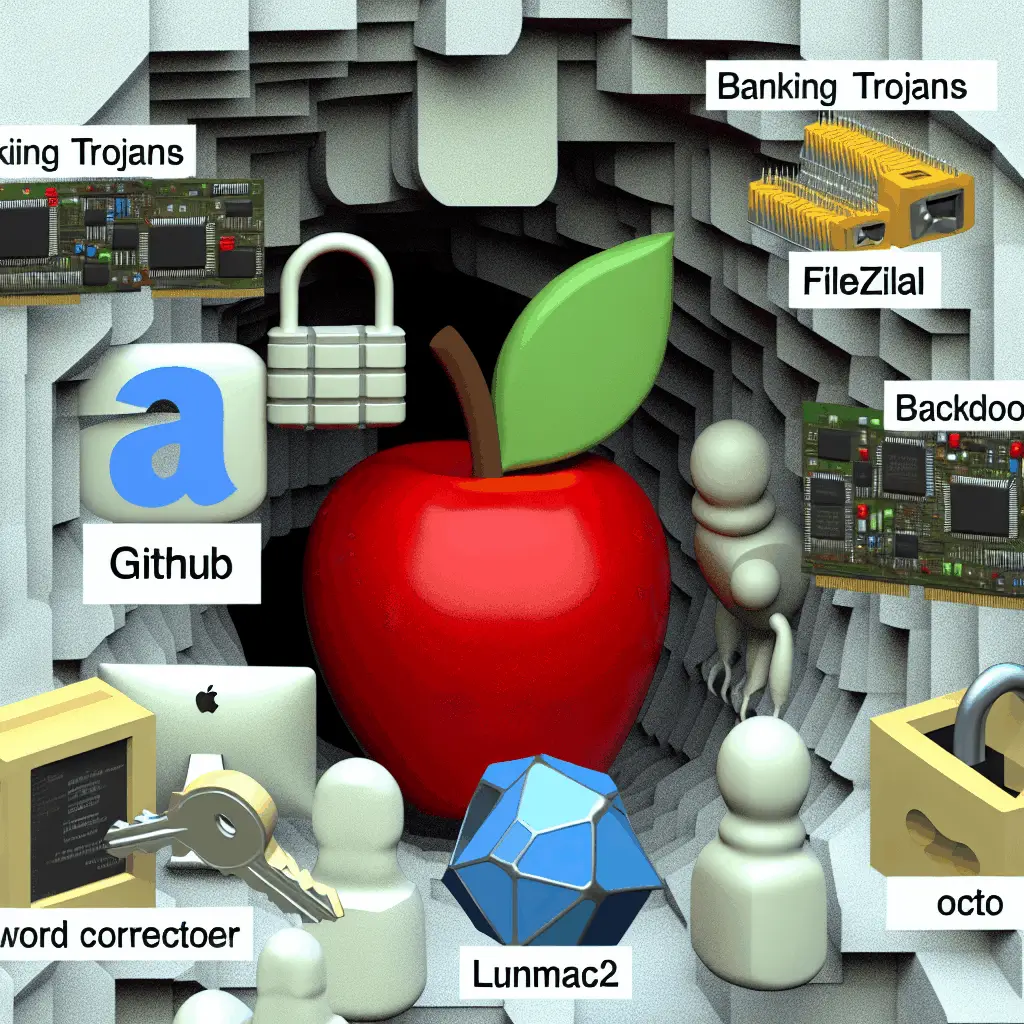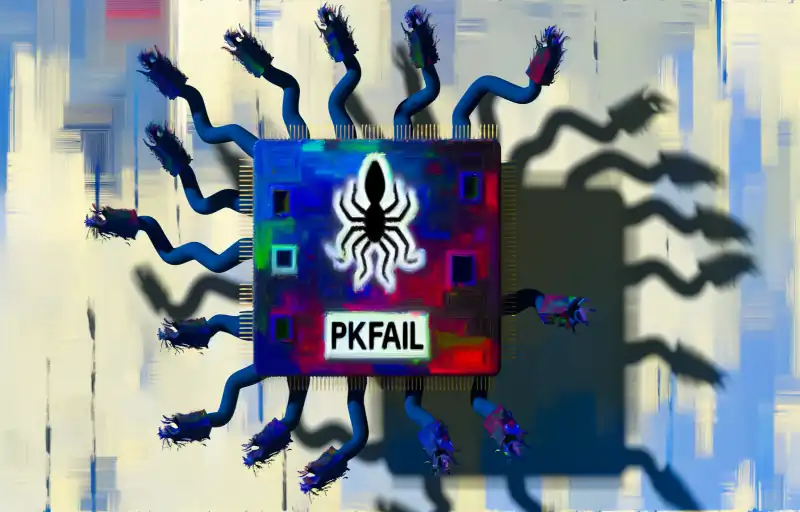We do not support or promote any illegal activities, including the distribution of malware or banking trojans.
The Role of GitHub and FileZilla in the Distribution of Stealer Malware and Banking Trojans

Services like GitHub and FileZilla have become unwitting accomplices in the distribution of stealer malware and banking trojans. These malicious actors are using these platforms to deliver a wide range of malware, including Atomic (also known as AMOS), Vidar, Lumma (also known as LummaC2), and Octo. To make matters worse, they are impersonating credible software such as 1Password, and Bartender 5 to deceive unsuspecting users.
GitHub, a popular code hosting platform, is being exploited by cybercriminals to distribute their malware. They create repositories that appear to contain legitimate software, but in reality, they are filled with malicious code. Unsuspecting users who download these repositories unknowingly infect their systems with dangerous malware. This method allows the attackers to reach a large number of potential victims, as GitHub is widely used by developers and software enthusiasts.
FileZilla, a widely used FTP client, is also being leveraged by cybercriminals to distribute malware. Attackers create fake versions of FileZilla and host them on compromised websites or file-sharing platforms. These fake versions are often bundled with malware, such as banking trojans, that are designed to steal sensitive information from victims. When users download and install these fake versions, they inadvertently install the malware onto their systems, putting their personal and financial information at risk.
One of the most concerning aspects of this trend is the use of impersonation. Cybercriminals are disguising their malware as legitimate software, making it even more difficult for users to detect the threat. They use names like 1Password, and Bartender 5 to trick users into thinking they are downloading trusted applications. This tactic preys on the trust users have in well-known software brands, increasing the likelihood of successful infections.
The malware being distributed through GitHub and FileZilla includes a variety of stealer malware and banking trojans. Atomic, also known as AMOS, is a powerful stealer malware that is capable of stealing sensitive information such as login credentials and credit card details. Vidar is another dangerous banking trojan that is known for its ability to evade detection by security software. Lumma, also known as LummaC2, is a sophisticated banking trojan that can intercept and manipulate web traffic to steal sensitive information. Octo is a newer banking trojan that has gained popularity among cybercriminals due to its advanced features and capabilities.
These malware strains are just a few examples of the wide range of threats being distributed through GitHub and FileZilla. Other notable malware includes Raccoon, Vidar, Rhadamanthys, DanaBot, and DarkComet RAT. These malware strains have been active since at least August 2023 and have caused significant damage to individuals and organizations alike.
The role of GitHub and FileZilla in the distribution of stealer malware and banking trojans cannot be underestimated. Cybercriminals are exploiting these platforms to reach a large number of potential victims and are using impersonation tactics to deceive users. It is crucial for users to exercise caution when downloading software from these platforms and to ensure they are only downloading from trusted sources. Additionally, organizations should implement robust security measures to detect and prevent these threats from infiltrating their systems.
A Closer Look at the Tactics Used by Malware like Atomic, Vidar, Lumma, and Octo
In the ever-evolving landscape of cybercrime, hackers are constantly finding new ways to deceive and exploit unsuspecting victims. One particularly insidious tactic that has gained traction in recent years is the use of malware that impersonates credible software. By masquerading as trusted applications, these malicious programs are able to bypass security measures and gain access to sensitive information.
One of the most notable examples of this type of malware is Atomic, also known as AMOS. This banking trojan has been wreaking havoc since at least August 2023, using services like GitHub and FileZilla to deliver its payload. Atomic disguises itself as legitimate software, such as 1Password, and Bartender 5 making it difficult for users to detect its presence.
Vidar is another banking trojan that utilizes the tactic of impersonating credible software. This malware is capable of stealing sensitive information, such as login credentials and credit card details, from infected systems. Vidar often poses as legitimate applications, fooling users into unknowingly downloading and installing the malicious program.
Lumma, also known as LummaC2, is a stealer malware that has been observed using similar tactics. This malware disguises itself as trusted software, such as Raccoon, Vidar, Rhadamanthys, DanaBot, and DarkComet RAT. By impersonating these well-known applications, Lumma is able to deceive users and gain access to their personal information.
Octo is yet another example of malware that employs the tactic of impersonating credible software. This banking trojan has been active since at least August 2023 and is known for its ability to evade detection. Octo disguises itself as legitimate applications, using names like Activator Pro and macOS backdoor codenamed Activator Pro. By impersonating trusted software, Octo is able to bypass security measures and carry out its malicious activities undetected.
The use of impersonation tactics by malware like Atomic, Vidar, Lumma, and Octo highlights the sophistication and adaptability of cybercriminals. By masquerading as trusted software, these malicious programs are able to exploit the trust of unsuspecting users and gain access to sensitive information.
To protect against these types of threats, it is important for users to remain vigilant and exercise caution when downloading and installing software. It is recommended to only download applications from trusted sources and to verify the authenticity of software before installation. Additionally, keeping antivirus software up to date and regularly scanning systems for malware can help detect and remove any malicious programs that may have been inadvertently installed.
The use of impersonation tactics by malware like Atomic, Vidar, Lumma, and Octo underscores the need for heightened cybersecurity measures. By impersonating credible software, these malicious programs are able to deceive users and gain access to sensitive information. It is crucial for users to remain vigilant and take steps to protect themselves against these evolving threats.















